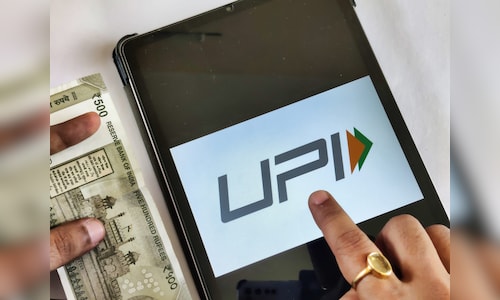UPI fraud cases surge by 85% in FY24: Key insights and data

The Ministry of Finance revealed these figures in a reply to Parliament, highlighting the growing challenges in securing the country’s booming digital payments ecosystem.
The data highlights the scale of the problem, as FY24-25 has already recorded 6.32 lakh UPI fraud incidents involving ₹485 crore—nearly half of last year’s numbers—within just a few months. This surge comes alongside an increase in UPI usage.
Total UPI transactions grew by 57% year-on-year, from 8,371 crore in FY23 to 13,113 crore in FY24.
For the ongoing FY24-25 period, 8,566 crore transactions have already been recorded, reflecting the platform’s growing adoption even as fraud cases continue to rise.
In response to the sharp increase in fraud, the Ministry outlined several measures aimed at improving security and reducing vulnerabilities in the digital payment ecosystem.
The Reserve Bank of India (RBI) has implemented a Central Payment Fraud Information Registry (CPFIR), a system designed to track and report payment frauds using advanced AI and machine learning models. Security enhancements include device binding, PIN-based two-factor authentication, and daily transaction limits to curb unauthorized activities.
The government is also focusing on empowering citizens to report cyber fraud. It has launched the National Cybercrime Reporting Portal (cybercrime.gov.in) and the helpline number 1930 for users to flag suspicious activities. To further raise awareness, campaigns via SMS, radio, and public advisories are being conducted to educate people on preventing cybercrime.
Additionally, the Department of Telecommunications has introduced the ‘Chakshu’ feature on the Sanchar Saathi portal, enabling users to report fraudulent communication, including calls, SMS, and WhatsApp messages designed to deceive users.
As UPI continues to expand its footprint in India, the Ministry assured Parliament that these initiatives are part of a larger effort to secure digital payments and build public trust in the system.
While the rise in UPI fraud cases is concerning, the Ministry emphasised that proactive measures and public awareness campaigns are essential to ensuring the safe use of this rapidly growing payment platform.








